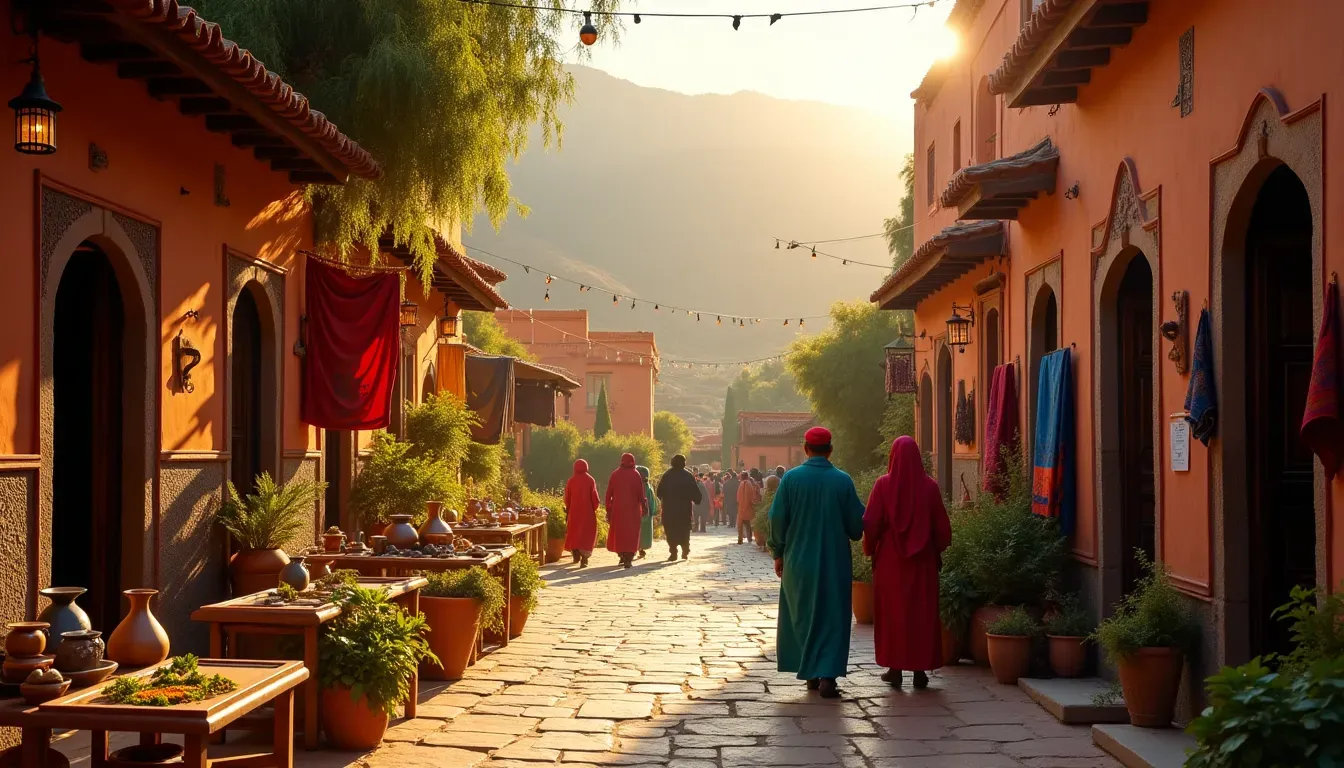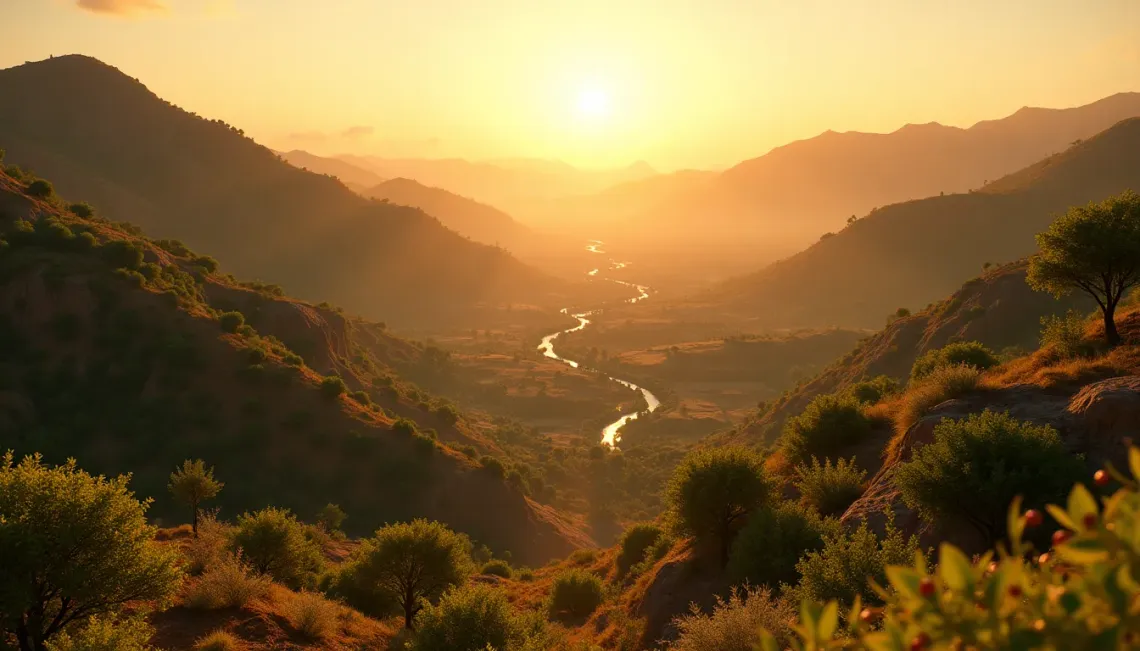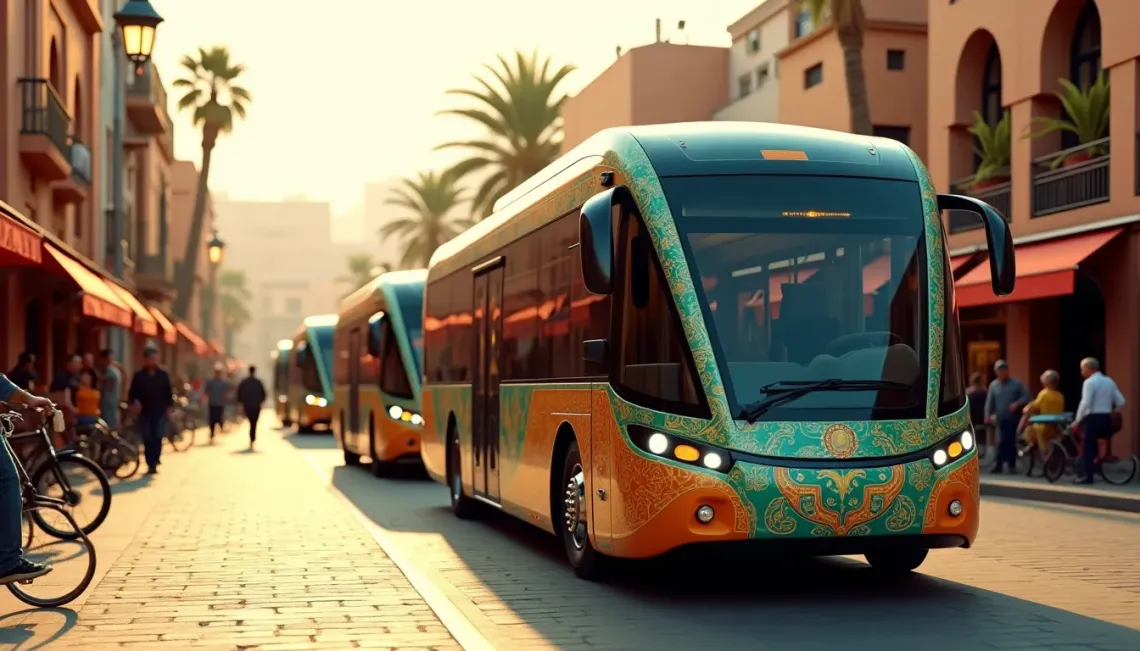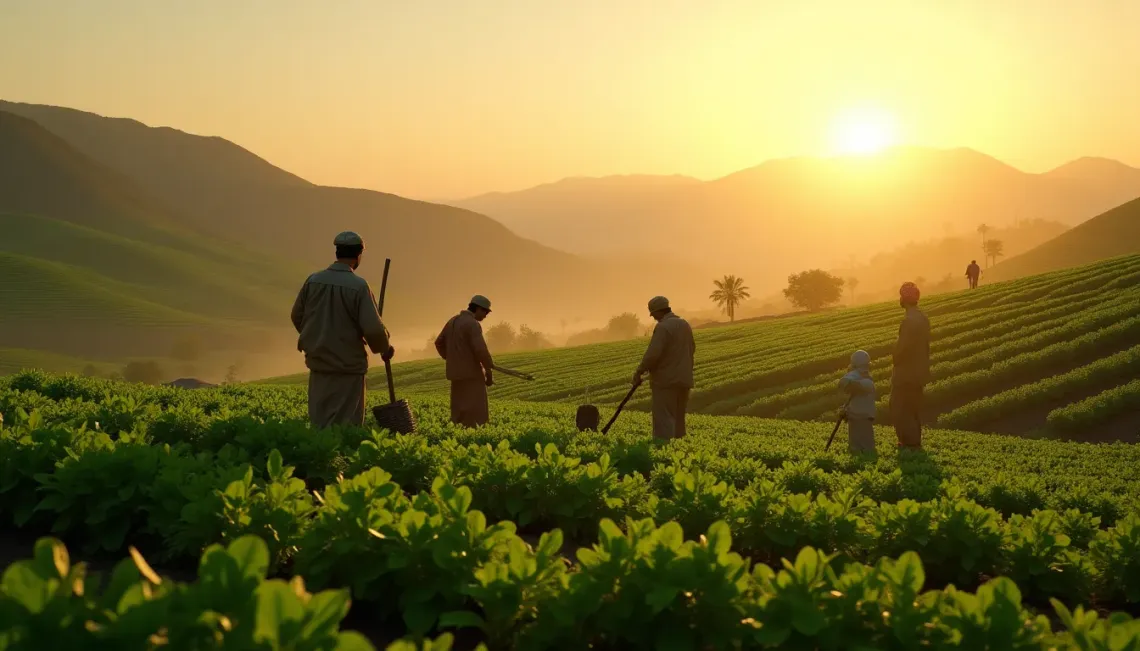Moroccan Culture and Environmental Conservation: A Harmonious Blend
In the vibrant tapestry of Moroccan culture, a profound respect for ecological sustainability and tradition is deeply woven into everyday life. This rich heritage offers an intriguing model for environmental conservation, reflecting a balance between preserving cultural traditions and embracing sustainable practices that protect our planet. Let's delve into how these elements intersect in Morocco, providing valuable lessons in ecology and conservation.
Traditional Practices Anchored in Ecology
Throughout history, Moroccan tradition has been intrinsically linked to the land, highlighting an organic commitment to ecology. Many traditional practices stem from a pragmatic use of natural resources, ensuring minimal ecological disruption. This respect for nature is evident in the widespread use of mud bricks, or pisé, in traditional house construction, which offers natural insulation and reduces energy consumption.
Sustainable Practices in Moroccan Agriculture
Agriculture, a cornerstone of Moroccan culture, is also steeped in sustainable practices. The rich soils of Morocco are cultivated through traditional techniques such as crop rotation, companion planting, and organic farming methods. These practices not only enhance food security but also promote biodiversity—a critical component of environmental conservation. By adopting such ingenious techniques, Moroccan farmers showcase a heritage of ecological awareness.
Celebrating Tradition through Eco-Friendly Festivities
Moroccans celebrate numerous cultural festivals that reflect their commitment to environmental sustainability. The use of local, seasonal produce in traditional cuisine reinforces the importance of ecological balance. These events are often characterized by a minimalist approach to waste, emphasizing the reuse of materials and reduction of unnecessary consumption.
- Several local crafts utilize recycled materials, turning potential waste into beautiful artisanal products.
- Ceremonial events often focus on nature, underscoring an appreciation for the natural world.
Learning from Moroccan Culture: A Model for Sustainable Living
By examining Moroccan culture, we gain insight into how traditions can coexist seamlessly with environmental conservation. This synergy offers a replicable model for other cultures seeking to foster sustainable practices alongside preserving cultural heritage.
Indeed, as the world grapples with escalating environmental challenges, adopting a culturally sensitive yet ecologically conscious approach is imperative. Moroccan culture, with its deep roots in sustainability, serves as a guiding light, proving that tradition and ecology can form a powerful alliance in the pursuit of a greener future.
In conclusion, Moroccan culture exemplifies how tradition can serve as a bedrock for environmental conservation. By valuing sustainable practices and ecological balance, Morocco sets a precedent for creating harmony between cultural heritage and the natural world. As we look to the future, let us draw inspiration from Morocco’s model, integrating these timeless principles into our global efforts for environmental stewardship.




